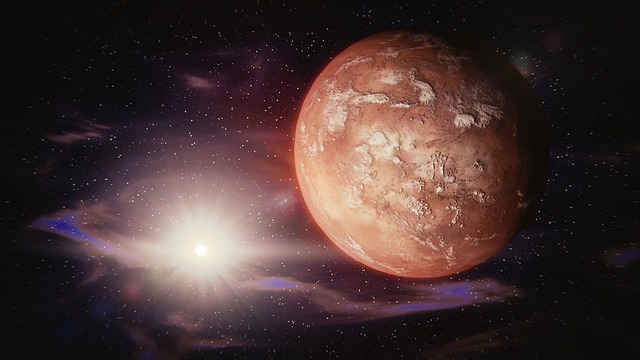NASA is currently working on an instrument, that when fitted to a rover, can “sniff out” for life on Mars, reports IBN Times. This instrument is called Bio-Indicator Lidar Instrument or BILI. BILI’s sensor is based on existing technology used by the U.S. military to check the air in public places for potentially lethal toxins and chemicals.
Branimir Blagojevic is the man responsible for developing BILI. He is a NASA technologist at the Goddard Space Flight Center in Greenbelt, Maryland. Blagojevic previously worked for the company that created the sensor for the U.S. military. He created a prototype of the instrument for NASA which, in testing, demonstrated it can be used to detect biosignatures on other planets.
As it says in the name, BILI requires lidar to operate. Lidar, for the unfamiliar, stands for Light Detection and Ranging. The principle for radar and lidar is the same. Where radar produces radio waves, lidar uses laser pulses – or, in other words, light.
According to a statement on NASA’s website,
BILI is a fluorescence-based lidar, a type of remote-sensing instrument similar to radar in principle and operation. Instead of using radio waves, however, lidar instruments use light to detect and ultimately analyze the composition of particles in the atmosphere.
The instrument will be placed on a rover’s mast, where it can scan Mar’s terrain for dust plumes. It would then pulse light at the dust, causing particles to either resonate or fluoresce. By analyzing the results, scientists can determine if the dust contains organic particles created recently, or in the past. Data would also reveal the particle’s size.
Given the way it operates, BILI can trace small amounts of organic compounds from several hundred meters away. Blagojevic calls it a “survey instrument, with a nose for certain molecules”.
The new instrument can also be installed on an orbiting spacecraft, which would greatly increase the chances of finding biosignatures in the solar system far beyond Mars.
























